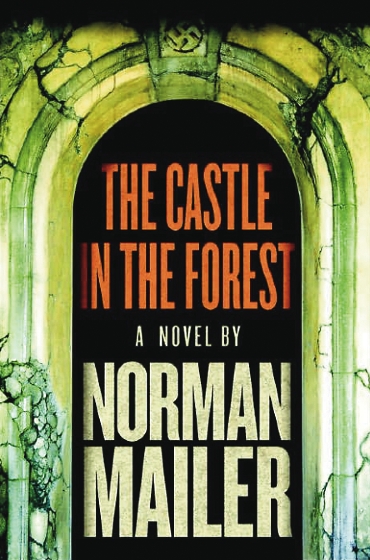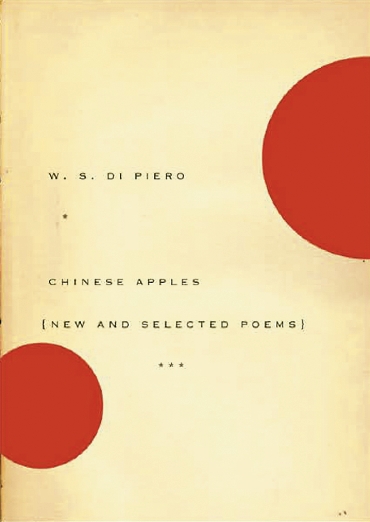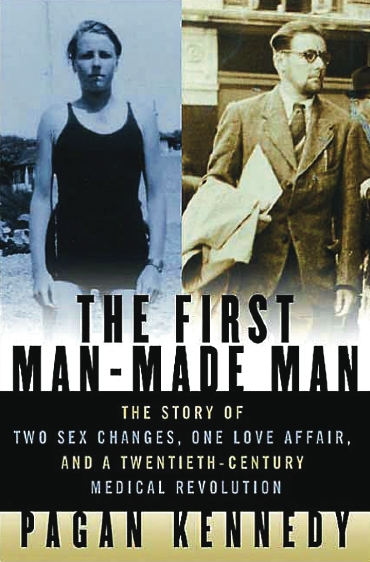Read In The New Year
The Most Hotly Anticipated Books Of 2007



Latest Article|September 3, 2020|Free
::Making Grown Men Cry Since 1992





